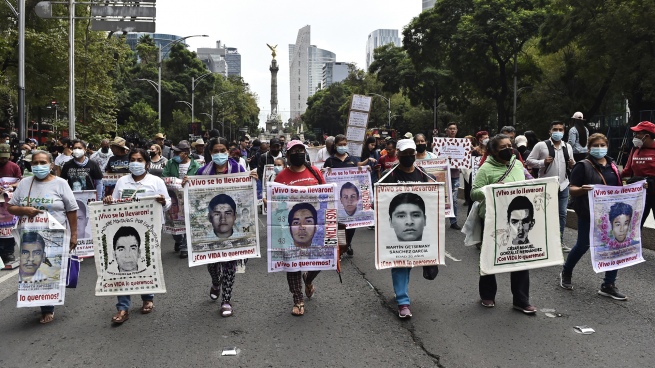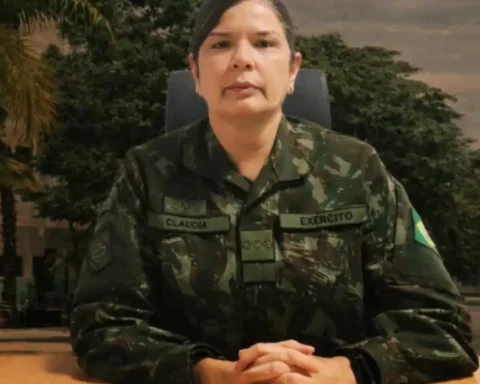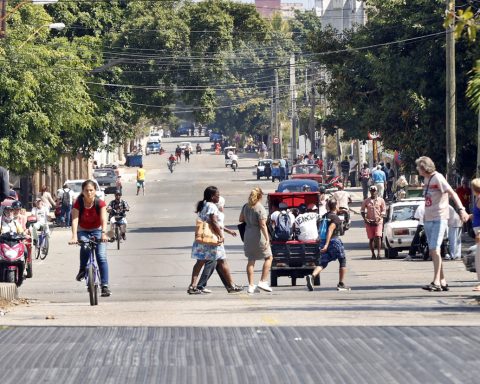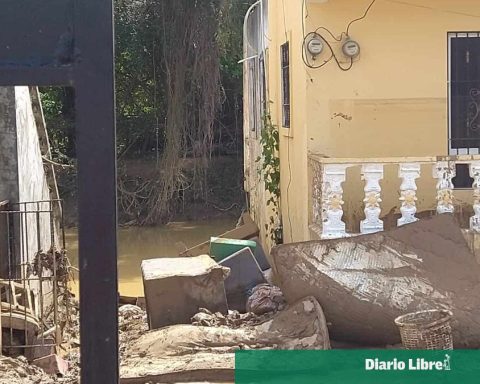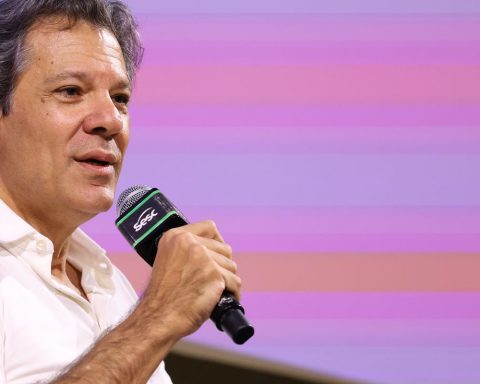The ruling party is divided, once again. This time because of Chile’s hypothetical subscription to the so-called TPP11 or Comprehensive and Progressive Treaty of Trans-Pacific Association, due to the real possibility that it will be seen by the Senate in its second constitutional process. Although the Government itself has recognized that the subscription to this treaty was not initially part of its agenda, its possible advance in Congress reveals evident programmatic differences between both government coalitions.
While in Democratic Socialism they have expressed themselves in favor of said initiative, from I Approve Dignity they have expressed their disagreement and concern about the application of this treaty, just as President Gabriel Boric himself did, in his time as a deputy. In this sense, the Social Green Regionalist Federation (FRVS) has shown its commitment that this issue be dealt with responsibly in the next political committees in the Palacio de La Moneda, prior to its discussion in the Senate.
This is what the president of FRVS, Flavia Torrealba, notes, who in addition to delivering her arguments against the TPP11, assures that in the heat of this discussion the two souls that politically support the Government of President Boric refloat. Now, and considering that I Approve Dignity does not have enough votes to cancel the subscription to this treaty, from said coalition they are going to seek to convince the President to withdraw this project to freeze its discussion in Congress, assuming that it is a power that only has the president of the Republic.
What is the background of this discussion? Is it a sample of the tangible differences between both government coalitions?
In these issues I believe that the two souls of the two coalitions that are politically supporting the Government are manifested. Indeed, we as Approve Dignity, and in particular some parties that have been clearer in stating our position, have the right to keep the agenda current and express our opinion regarding issues that are very central to us, from the doctrinal point of view. . But it is also true that the Government has the power to take or not take those views, and in this sense I believe that just as it is our obligation to express our position, the Government also has the obligation to carry out a realistic agenda, because effectively we do not have votes in the National Congress.
What is your proposal regarding the signing of this treaty? What strategy would you use to convince the ruling party so that this project is finally withdrawn from Congress?
I do not lose hope that the President will make use of his powers, withdraw TPP-11 from the Senate, and update the terms in which the country will deal with international relations and treaties and agreements with other nations. I think that this was a project that responded to a reality, where there is now a world order that has appeared due to the pandemic and due to the war and the fragility of the integrated system – when the costs in the communities have to be minimized. Therefore, I believe that it is an outdated treaty that needs to be revised, where the country effectively has the possibility of leading a new look at international relations, protecting the rights of communities and within the framework of all environmental regulations.
Our proposal is to withdraw the project, correct it and rethink it. Now, just as the President can withdraw the project, he can also replace it, understanding that in Chile the prerogative of relations is exclusively in the hands of the President of the Republic. That is why article 132 of the Senate Regulations allows the President to withdraw at any time from its processing, a project that involves commercial or international relations, or the interests of the nation.
It is noteworthy that this issue came under discussion now, understanding that it was not part of the Government’s agenda when it landed at La Moneda. Do you think there were side talks with other political sectors to prioritize its processing? Could there have been pressure in this regard?
I am not aware of side talks or negotiations with parties that are outside the government pacts. I do not have that information, therefore I would be speculating on what the Government’s motivations were for restarting this conversation, where there is probably a need to attract investment, and this could be the tool they found at hand, because clearly this is an agenda imposed by the Minister of Finance. Surely, they see the TPP11 as a tool to give certain guarantees to foreign investors and thus attract capital, because it is not understood from the point of view of internal politics, where it is rather seeking to deliver certain signals to investors, but which are quite occasional. Because what investors are interested in is getting involved with countries with development possibilities, and not with a permanent internal political conflict, and with social movements so intensely opposed to this type of treaties.
Do you admit a somewhat conflicted internal environment in the ruling party, after the defeat of the Approval in the exit plebiscite and the change of cabinet? Is the TPP-11 a new element of dispute between the two coalitions that support the Government politically?
I do not see the official environment as conflicted. I see if there are two coalitions that are pushing certain agendas, and that these are adjusted as the issues are discussed. I do not believe that there is a risk of breakdown, in fact, when the votes of the deputies of the two government coalitions in this project are reviewed, it is observed that a large part of the parliamentarians of the progressive world voted against the TPP11. Now, it is true that the reality of the senators is different from that of the deputies, but it does not seem to me to be the first or the last time that the leadership of the parties and their congressmen are in a different position.
Has this treaty been discussed in the political committees? Or is it that the Government has decided to take a seat while waiting for the discussion to settle in Congress?
This topic was touched on in the last political cabinet, and it is something that we are going to continue discussing in the next meetings. The position contrary to the TPP11 is subscribed by all Approve Dignity. At least we assume the right to express our position, and we recognize the right of the Government, if the opinion is known, to act according to the reality that is imposed in terms of political forces represented in the National Congress.













